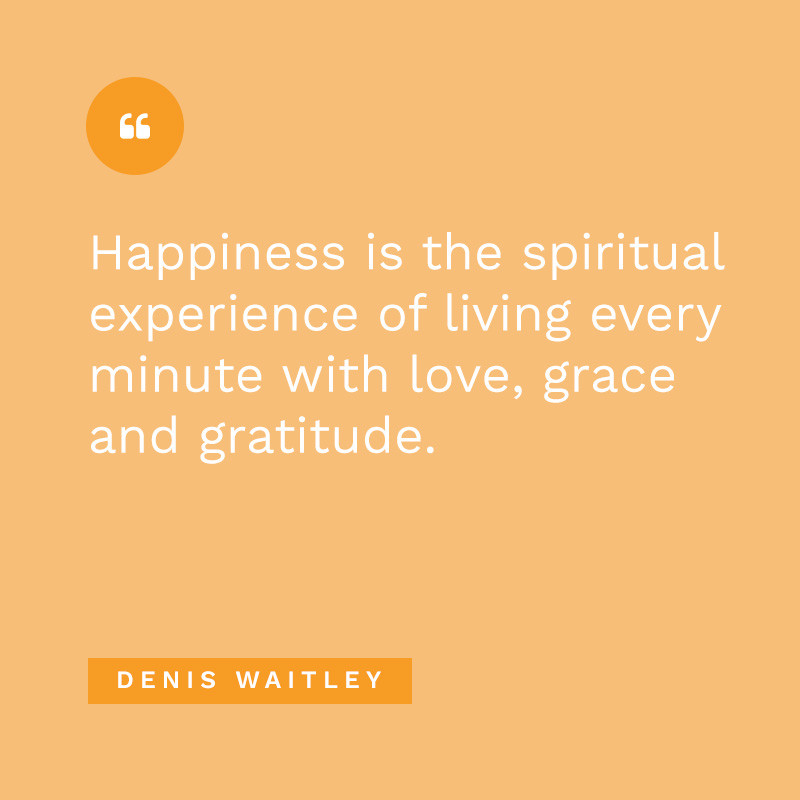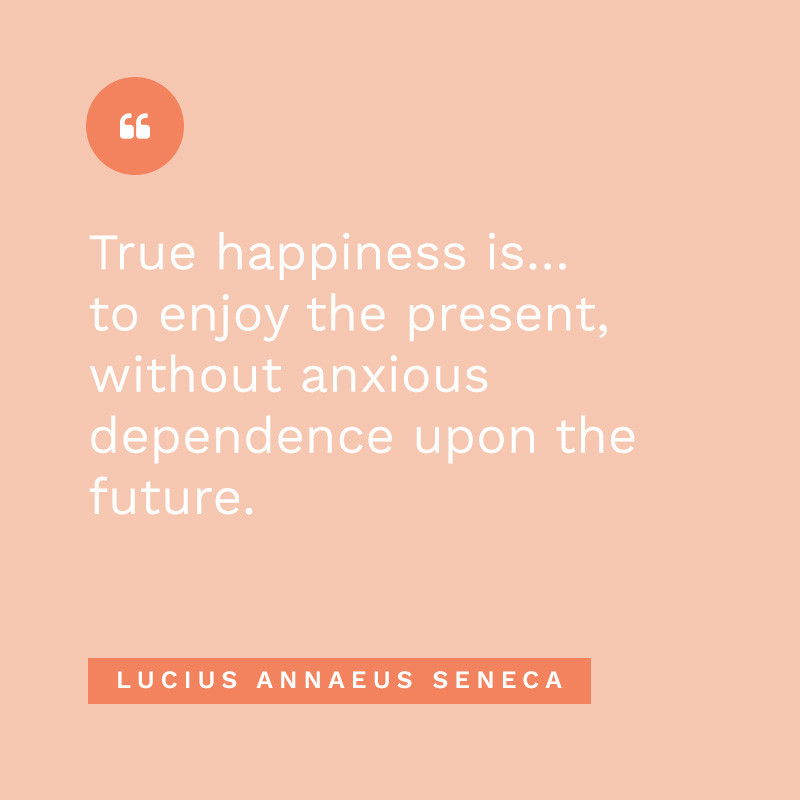
Happiness 101: Your Ultimate Guide to Unlock True, Genuine Happiness
Happiness.
It’s something we all want, but struggle to understand. Something we spend a lifetime seeking, but struggle to find. Something we might occasionally feel, but struggle to maintain. But why the struggle? Why does something that should be our birthright give us so much trouble?
Happiness, believe it or not, is within your reach. Here’s everything you need to know about the true nature of happiness, and yes—even how to find it for yourself.











